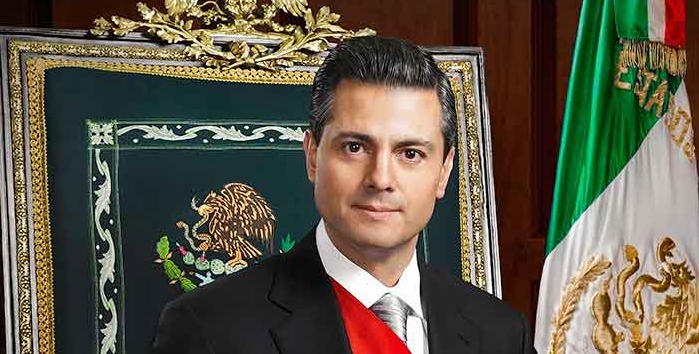web_presidente_enrique_pena_nieto._fotografia_oficial.jpg

Mexican president Peña Nieto is credited for driving the quick establishment of the National Anti-Corruption System suggested by citizens and civil society, but also responsible for vetoing an important provision that was widely supported.
In 2015, Mexico created what is by far its strongest tool to tackle corruption – the National Anti-Corruption System. But in order for the NACS to be properly implemented, new laws needed to be created and others reformed.
Citizens and experts from civil society took the lead on drafting the laws, under what is known as a ‘citizen initiative’, and pressured congress to discuss them more publicly than any other senate bill that had gone before.
While some key provisions were removed or vetoed, the OECD has celebrated the substantial reform to Mexico’s anti-corruption arsenal.
It pointed to the establishment of a body responsible for the design, implementation and coordination of anti-corruption policies, measures to make citizens active stakeholders of the system, toughened up enforcement and the creation of a special anti-corruption prosecutor to support this as measures it believes will be especially effective.
But Angel Gurría, OECD secretary-general, said the “most important game changer of the reforms is that they reach beyond the federal level”, to all levels of government.
“Indeed, the new legislation requires the Mexican states to follow suit with their own local anti-corruption systems, thereby tackling some of the strongest footholds of corruption in Mexico,” he stated.
The OECD also highlighted measures that would bring Mexico more in line with transparency drives throughout many other OECD countries, however, it was in this area that a key provision in the laws, with heavy public backing, were watered down.
The legislation increased requirements for asset disclosure, conflict of interest identification and other private interest declarations by public officials, while Mexico’s Supreme Audit Institution was granted greater powers to conduct real-time audits and follow up on these.
The law became known as “3 for 3”, because it requires the disclosure of three pieces of information: personal assets, possible conflicts of interest and tax returns to prove compliance.
However, the approved legislation allows government officials to disclose assets in private documents rather than publicly.
The legislation also does not extend, as it was originally intended to do, to public contractors and any private individual receiving benefits from the government, from private infrastructure contractors working on large public projects to students receiving scholarships.
President Peña Nieto eventually vetoed this part of the legislation after pressure from employers’ organisations and businesses.
Nevertheless, most agree this is a huge step forward for Mexico, and equips the country with its most comprehensive set of tools to fight corruption.
But Gurría added: “As with other crucial reform efforts Mexico has undertaken, the key to real change lies in the implementation. The framework puts Mexico in line with OECD best practice, but we must now make it work.”













